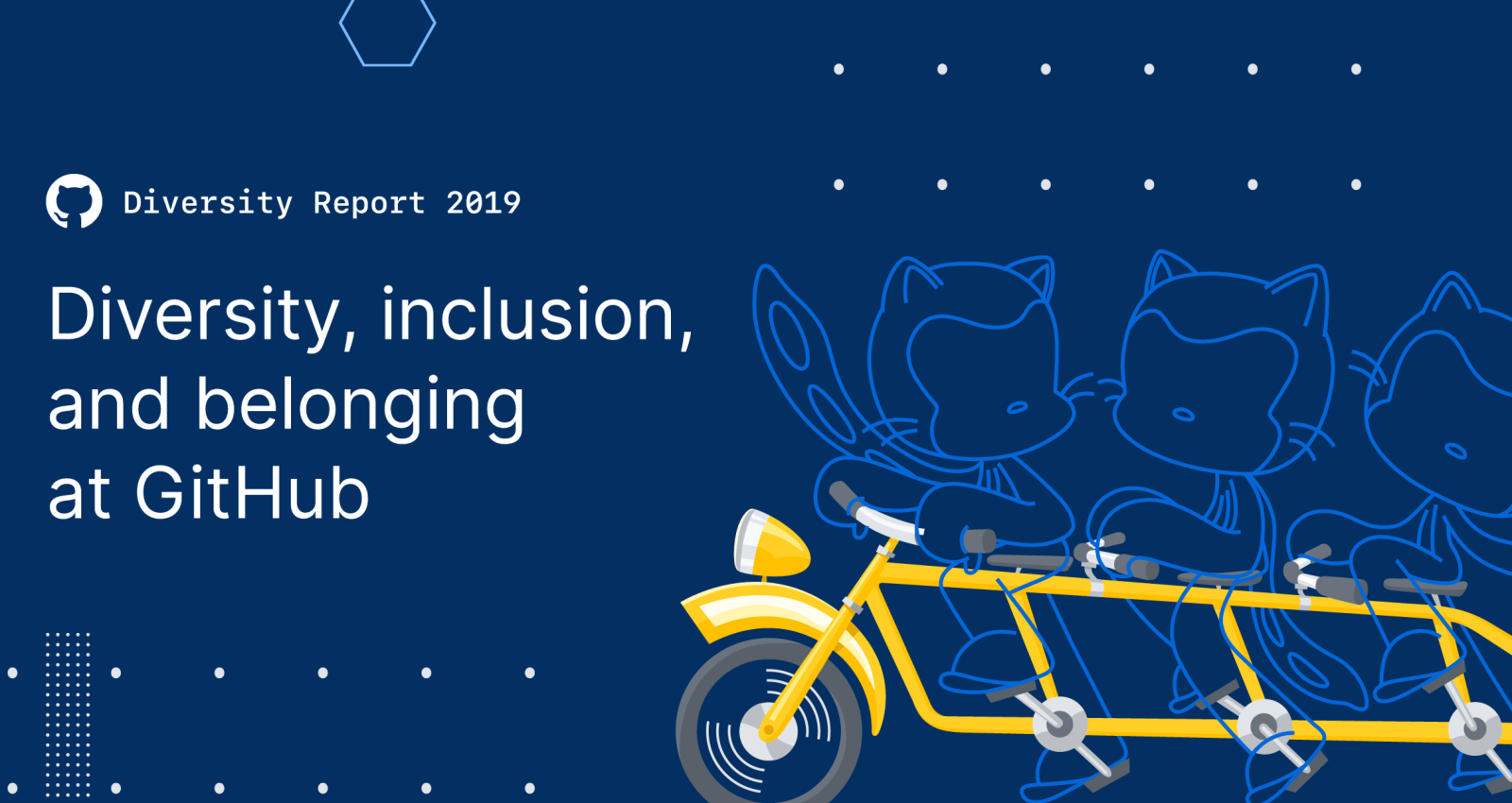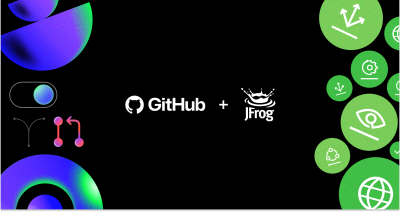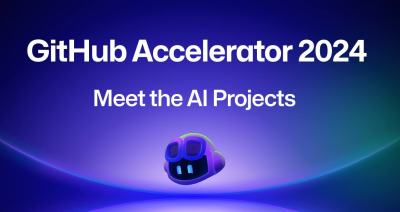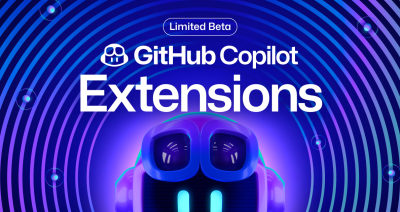Diversity, inclusion, and belonging at GitHub in 2019
We’re proud to share the progress we’ve made over the past year and the work we’re doing to grow our diverse workforce.

We’ve had an eventful year at GitHub—we welcomed new leadership (myself included), shipped new products, and grew our employee and developer communities. Through it all, our shared mission has stayed constant: to build the best platform for our global community of developers and the best workplace for our global team of employees (or Hubbers, as we like to say).
At GitHub, diversity, inclusion, and belonging (DI&B) is an ongoing effort—something we’re accountable for and that we all create together. As we reflect on a year of growth, learning, and empowering Hubbers to do their best work, we’d like to share our progress in our fourth annual Diversity, Inclusion, and Belonging Report. The report takes a look at geographic distribution, race and ethnicity, and gender identity at GitHub. We also share the initiatives that helped us learn and grow in 2019 and a preview of what we’re doing this year.
Growing GitHub
The developer community that collaborates on GitHub transcends languages, time zones, cultures, and more. As Hubbers, we are a daily reflection and extension of our global developer community.
In the past year, we grew by 30 percent, welcoming 360 new Hubbers from around the world. We increased the number of Hubbers who work outside of our San Francisco headquarters, either from a local office, coworking space, or more commonly, from home. Our focus on both hiring and retaining Hubbers from underrepresented backgrounds helped us maintain the overall representation of women and underrepresented minorities. We’re particularly conscious of an increase in the percentage of underrepresented minorities in technology and the percentage of women who are also underrepresented minorities. We have more to do, but we have a foundation to build on as we scale.
Investing in our community
Over the last year, we’ve implemented (and learned from) new approaches to supporting DI&B and making GitHub a place where every Hubber can learn, thrive, and find their community:
Nurturing our communities of belonging
Nowhere is the collective passion and creativity of our Hubbers more tangible than in our employee resource groups (ERGs). We are now proud to support the Blacktocats, Adacats, Octogatos, and Octoqueer. Their personalities are self-evident in their chosen names—honoring Ada Lovelace or Mona, our Octocat. Every ERG is funded and sponsored by senior leaders, and encouraged to set priorities and initiatives that are important to them. Our ERGs take on big challenges and have an impact in their communities inside and outside of GitHub.
The diversity of our ERGs is apparent in the initiatives they sponsor. In Atlanta earlier this year, Blacktocats piloted “FLOSS and Code,” a scalable, reproducible Hackathon that they can host in underserved engineering communities all over the world. As a next step, they’re bringing FLOSS and Code to Lagos, Nigeria this very week! For the past five years, Octoqueer has hosted an annual Pride party at our headquarters in San Francisco—and sells custom-designed Pride shirts to benefit non-profits serving the LGBTQ community.
These are just two examples of the incredible work our ERGs are doing. From conference sponsorships and internal speaker series to ally workshops, there are so many more we could share. While I admire and am inspired by the work they do, I’ve personally learned the most from my individual relationships with the ERG leaders as we share the challenge of opening hearts and minds and shaping the world around us.
Embedding inclusion into how we work
For me, inclusion comes down to your everyday experience—are you welcomed? Did you get the email? Did you get invited to the meeting? Did you get @mentioned? Did someone review your pull request? Did someone hear your idea? It sounds simple but isn’t. It takes energy and effort from all of us to create a culture of inclusion.
Managers have the best vantage point to understand and cultivate a culture of inclusion, which is why we trained our managers on best practices to promote inclusion at our inaugural Manager Meetup in April. We also created a manager community of small squads who meet regularly to continue their development. To increase our awareness, we’ve established a recurring dialogue between the Leadership Team and the Inclusion Advisory Council (IAC) to prioritize inclusion in our policies, programs, and processes. One example of a focus area for this year is improving our access to information, resources, and community for Hubbers who are parents.
Our commitment to flexible work is critical to making opportunities available to more people in more places. Flexible work arrangements—working remotely or from a coworking space—are so important to the changing ways people work and meeting a wide range of individual needs. I hear from Hubbers every day that flexibility helps them balance their personal and professional commitments, while building a strong sense of trust in their teams.
And we make it a point to help our distributed teams build relationships and work on projects face-to-face through our Mini Summit program. With Mini Summits, project or functional teams can gather for a week at locations around the world to spend time working and team-building. It’s one of my favorite things at GitHub and helps build trust and connection among Hubbers.
What’s next
We’re proud of the DI&B investments we’ve made in 2019 and the opportunities we’ve created for Hubbers to contribute to meaningful progress. There is still a lot of work to do on this journey. But we’ll continue to learn from each other and iterate on our programs. I look forward to sharing what we learn, how our communities evolve, and most importantly, how we keep GitHub “GitHub” as we build the global platform for developers. Stay tuned!
Tags:
Written by
Related posts

GitHub and JFrog partner to unify code and binaries for DevSecOps
This partnership between GitHub and JFrog enables developers to manage code and binaries more efficiently on two of the most widely used developer platforms in the world.

2024 GitHub Accelerator: Meet the 11 projects shaping open source AI
Announcing the second cohort, delivering value to projects, and driving a new frontier.

Introducing GitHub Copilot Extensions: Unlocking unlimited possibilities with our ecosystem of partners
The world of Copilot is getting bigger, improving the developer experience by keeping developers in the flow longer and allowing them to do more in natural language.